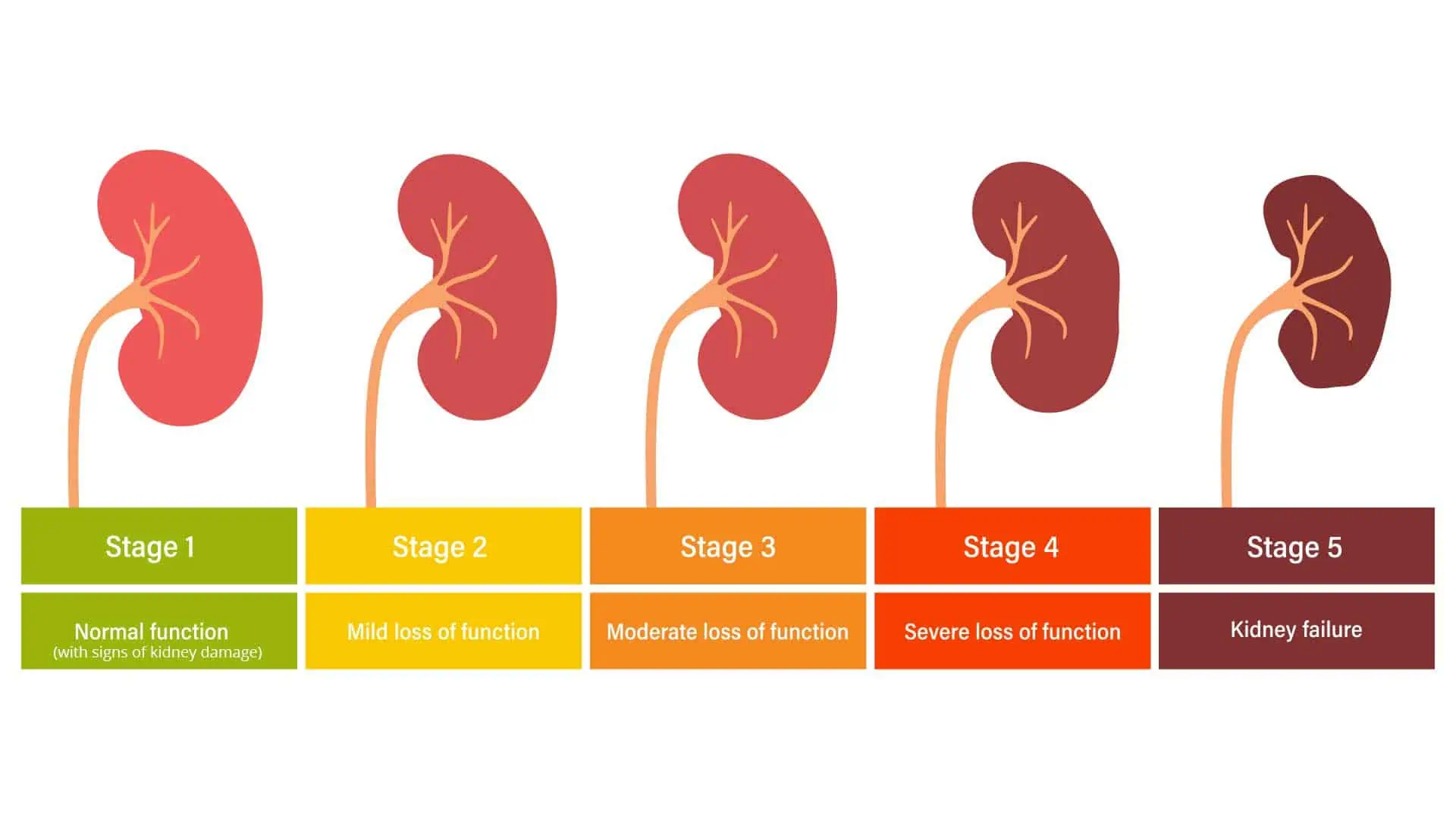What does a healthy kidney do?
The kidney performs vital roles to keep our body in healthy balance. It regulates body fluid levels, filters waste products and toxins from the blood, produces hormones that help keep blood pressure in check, activates vitamin D to maintain good bone structure, keeps our body minerals like sodium, potassium and phosphate in balance and lastly helps regulate red blood cell production by producing a hormone to ensure we have adequate red cells in our system.
How do I know if I may have kidney problem?
A majority of patients with early kidney disease experience no symptoms. By the time symptoms developed, the disease may be more advanced. Symptoms of kidney disease may include fatigue, lethargy, generalized weakness, loss of appetite, confusion, reduced urine volume, frothy urine, swelling of the legs, hands, face, abdomen & eyes and difficulty in breathing.
Common presentations of kidney diseases
Blood in the urine (Microscopic Haematuria)
Asymptomatic microscopic haematuria is an uncommon symptom of kidney disease and is usually incidentally picked up from health screening. For most people it follows a benign course. However, a small percentage may develop medically significant kidney conditions eventually.
Protein in the urine (Proteinuria)
A large amount of protein excretion in the urine is frequently a sign that indicates some form of kidney condition is present. The level of proteinuria can correlate to the severity of the disease and further investigations may be required to ascertain the cause of proteinuria which may include a kidney biopsy.
Raised creatinine and a lower eGFR
Creatinine is a byproduct of body metabolism and its blood levels are closely regulated by the kidney. It is a useful tool to monitor kidney function and levels will be raised if kidney function is impaired. The estimated glomerular filtration rate is a mathematically derived value using the serum creatinine, age and body surface area to estimate the ability of the kidney to filter creatinine. This value is used to determine the stage of chronic kidney disease.
Stages of Chronic Kidney Disease (CKD)
The stage of chronic kidney disease depends on the estimated glomerular filtration rate (eGFR) and amount of albuminuria/proteinuria. There are 5 stages of kidney disease, stage 1 being the earliest stage and stage 5 being the most severe; a majority of patients in stage 5 CKD are on renal replacement therapy (haemodialysis, peritoneal dialysis or transplantation).
 Common causes of CKD leading to end stage renal disease (ESRD) in Singapore
Common causes of CKD leading to end stage renal disease (ESRD) in Singapore
Based on the most recent Singapore Renal registry data for chronic kidney disease, the 3 most common causes of CKD leading to ESRD are diabetic kidney disease, glomerulonephritis and hypertension.
Five simple steps to maintain a healthy kidney
Control of diabetes and hypertension
In 2016, the Singapore government declared a ‘war on Diabetes’ and it has been raging on ever since. Diabetes can affect the kidney function by causing diabetic kidney disease. This is particularly more pronounced in patients with uncontrolled diabetes and/or long-standing disease. It affects the small vessel architecture of the kidney which results in irreversible damage over time.
Regular exercise and physical activity
Regular exercise has health benefits above and beyond keeping your kidney well. It is associated with weight loss, better diabetes and blood pressure control and it helps you look good as well. Moreover, weight reduction has been shown to reduce the amount of protein leakage in the urine. Maintaining an active lifestyle with a healthy diet will go a long way to keep you and your kidney smiling.
Stop smoking
We all are aware of the deleterious effects that cigarette smoking has on our lungs and airways among others. It also affects the kidney by increasing the risk of certain kidney cancers, damaging the heart and blood vessels which leads to impaired circulation, and worsening the ill effects of diabetes and hypertension. These consequences are not limited to cigarettes alone as e-cigarette/vaping has also been shown to have toxic effects on the kidney too.
Moderating alcohol intake
Excessive alcohol is not good for your liver and the kidney. Alcohol dehydrates and dries you out, additionally the added demands to remove alcohol from the system also puts stress on the kidney to function optimally to regulate fluid and electrolyte balance. However, alcohol in moderation is thought to be safe. A good guideline would be no more than one to two drinks a day for men and one drink a day for women and the elderly.
A “green” healthy diet
Several studies have shown that a diet rich in fresh vegetables and fruits and non-animal-based proteins is associated with a decreased incidence of developing CKD and can even reduce acidosis that occurs with CKD. That said, in the later stages of CKD, intake of some fruits and vegetables should be restricted, and a low protein diet may be beneficial to slow down the progression of kidney impairment. However, it is important to consult your doctor and dietician for advice prior to undertaking such diet regimens to ensure adequate overall nutrition.





